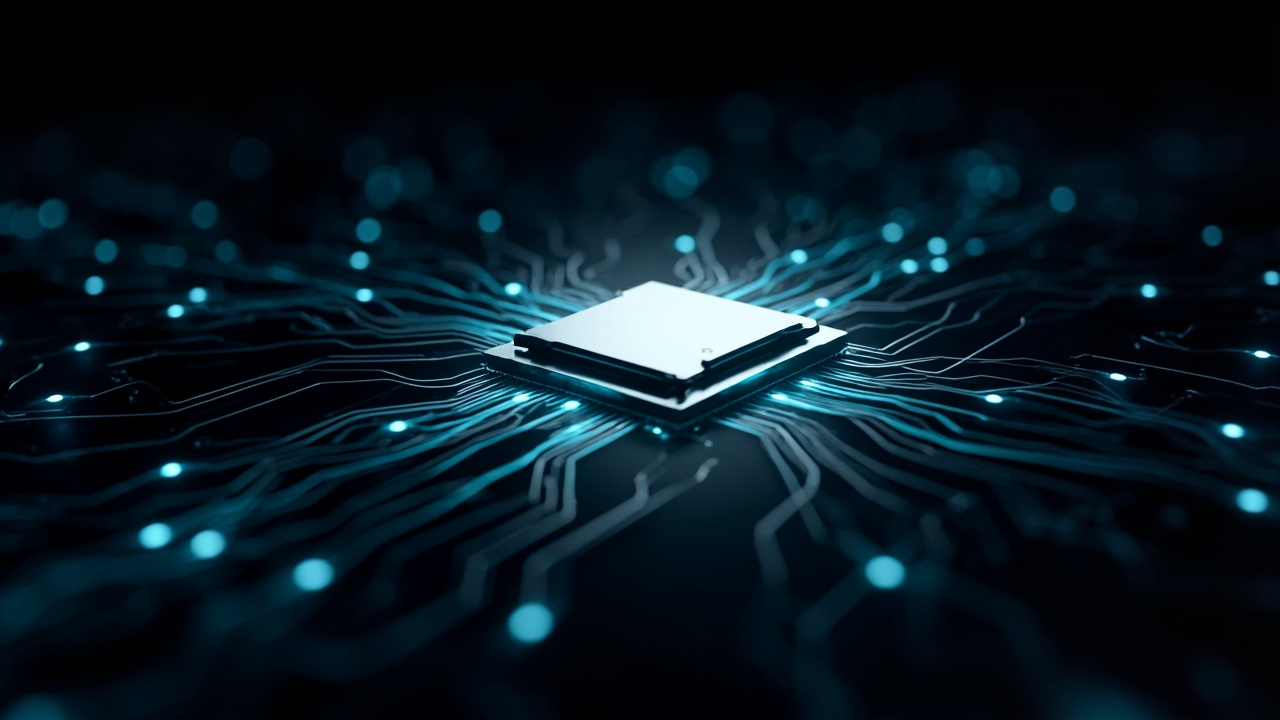Controversial Pet Product Ad Features Cleats for Cat Kitchen Knives!

In recent developments from the tech sector, industry leaders have gathered to discuss the accelerating pace of innovation and the role it plays in shaping the future. Particularly, the emphasis has been placed on artificial intelligence, which is now seen as a cornerstone of technological advancement.
The discussions highlighted the significant investment flowing into AI research and development, with companies racing to harness its potential across various sectors. The possibility of AI transforming industries from healthcare to finance was particularly underscored, illustrating the technology's versatility.
Amidst these advancements, concerns regarding ethics and regulatory measures were voiced by several stakeholders. The potential for bias in AI algorithms and the need for transparency in their deployment brought forth an important dialogue on how to implement these technologies responsibly.
In response to these concerns, some companies are establishing ethical guidelines and frameworks to guide the development and use of AI. This proactive approach aims to mitigate risks associated with AI while maximizing its benefits, especially in critical areas such as public safety and privacy.
Moreover, the impact of AI is not limited to business and innovation but extends to the workforce. Automation threatens to reshape job markets, leading to discussions about reskilling and adapting to the changing labor landscape to ensure that the workforce is prepared for future demands.
As these conversations continue, the role of regulatory bodies will become increasingly crucial in ensuring that innovation aligns with societal values. Policymakers are urged to engage with stakeholders to formulate regulations that protect interests while fostering an environment conducive to innovation.
Overall, the current landscape reveals both immense opportunities and significant challenges. The balance between leveraging AI's capabilities and addressing its implications will likely define the next chapter in technological evolution.
Read These Next

IBM and Roche Partner on AI-Driven Blood Sugar Tool
IBM and Roche unveil an AI-driven tool for diabetes management, emphasizing predictive capabilities to significantly enhance patient care and safety.

Groundbreaking AI-Based Processor Design System '启蒙' Unveiled
Analysis of the launch of the world's first fully AI-based processor design system, '启蒙', and its implications for the tech landscape.

Navigating the AI Copyright Debate in the EU: Balancing Innovation with Creator Rights
The ongoing debate regarding AI copyright in the EU highlights the balancing act between technology advancement and protecting creator rights. This article breaks down the recent legislative challenges and examines the concerns of both artists and AI developers as they grapple with new regulations.
